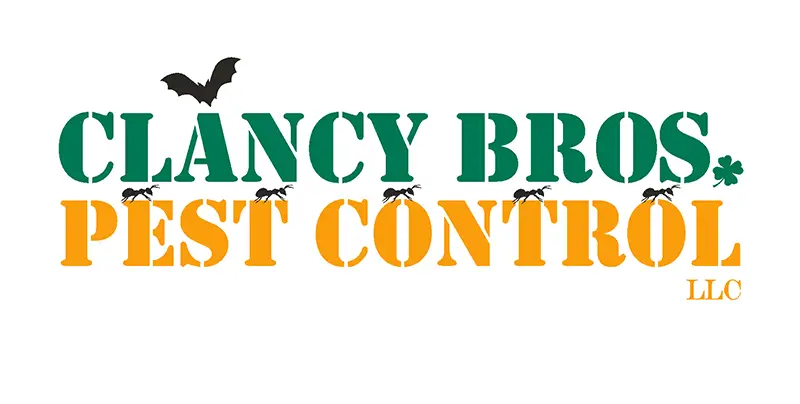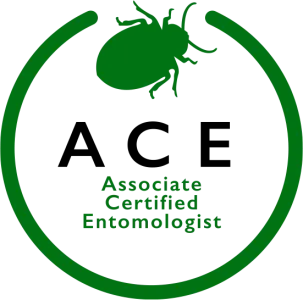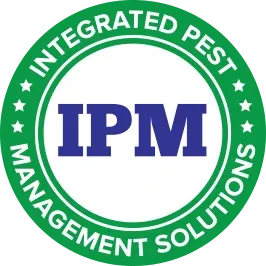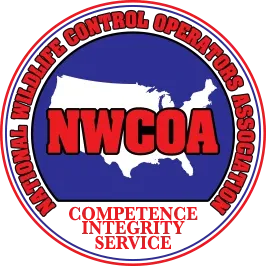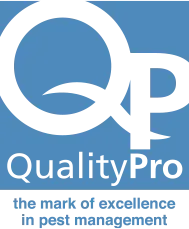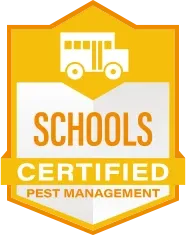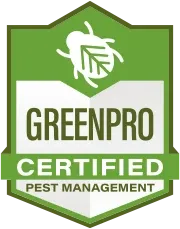Mosquito Control in Boston
Mosquitoes are known carriers of West Nile Virus, malaria, dengue fever, encephalitis and even cause dog heartworms in pets. Exposure to mosquitoes should be limited from spring to fall to prevent transmission of any of these diseases. The best way to prevent your exposure to mosquitoes at home? Utilize a professional mosquito control program to add an extra layer of protection to your yard. Rest assured, our treatments are backed by a guarantee of effectiveness upon completion and with proper maintenance.
How to Minimize Exposure to Mosquitoes
Always spray mosquito repellant on any exposed skin or wearing long-sleeved shirts, long pants, and socks to prevent mosquito feeding at night. Eliminate any standing water on your property to reduce the amount of potential mosquito breeding sites. Make sure all windows have screens without any holes or tears. Avoid shaded bushy areas where mosquitoes like to rest.
Tick Control in Boston
Ticks are known to lay thousands of eggs throughout their life, so areas can become infested quickly. The most common ticks in our area include the following:
- American Dog Ticks
- Deer Ticks
- Brown Dog Ticks
- Lone Star Ticks
Any areas of overgrown grass or piles of leaves should be cleared and removed from your yard to prevent picking them up when walking through these areas. Install barrier of wood chips or gravel in between your lawn and any wooded areas to reduce tick activity.
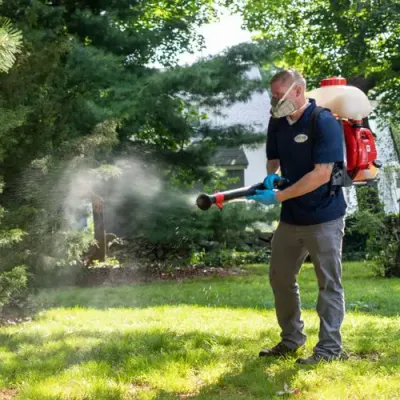
Your Best Tick Treatment Option
Clancy Brothers Pest Control utilizes Integrated Pest Management (IPM) techniques to document any areas of overgrowth or standing water on the property. These breeding sites are either eliminated or treated before adults emerge. When pesticides are necessary, we use low-toxicity pesticides that are highly-effective against these pests and keep your family safe.
Prep For Mosquitoes and Tick Treatment
- Please pick up any children or pet toys and remove them from any areas to be treated.
- There should be a clear path of access for the exterminator to inspect and treat any areas where pests have been identified.
- All windows to your home should remain closed and any running air conditioning units should be turned off temporarily for the duration of the treatment.
- Any areas with standing water such as: bucket lids, old tires, clogged gutters must be removed and/or cleaned to prevent mosquito breeding sites.
- Any harborage areas (stored items or overgrown vegetation) should be removed or cut back from the areas to be sprayed before treatment if possible to eliminate any areas for the pests hide and to allow enough space for the exterminator to safely perform the treatment.
- Please let us know if anyone in the home has any special allergy problems, is pregnant, or is under the age of one because additional precautions may need to be taken.
- All people and pets must leave the area to be treated before the treatment starts and remain out of the treated area for at least 4 hours after the treatment is completed.
Flea Control in Boston
The fleas that are in our area are cat fleas and dog fleas. Fleas can lay up to 50 eggs per day, typically after a blood meal they deposit their eggs in cracks and crevices around where pets spend most of their time. Within 12 days these eggs hatch, so infestations get out of control very quickly.
How to Tell if You Have Fleas
The most common sign of fleas can be seen when pets are scratching frequently, losing hair or are more restless than usual. Adult fleas and flea feces can be found on infested animals around the neck area, groin area, around leg folds and around the base of the tail. You can find live fleas or flea dirt (droppings) using a comb and dipping it in a bowl of soapy water, if the water turns red it is flea dirt.
The areas to inspect for fleas inside the home are the carpets, pet bedding areas and furniture. Wearing a pair of white socks, shuffle your feet while going over any carpets. After a minute or two inspect your socks for any live fleas and inspect for any signs of flea dirt. Glue boards can also be placed to monitor activity in these areas as well.
Prep for Flea Treatment
Flea treatments require spraying the inside of the home and sometimes even some areas outside to eliminate the infestation. There is some preparation work that must be done before the treatment. Contact us for these details. Pets should be treated for fleas as well to prevent reintroduction of fleas after the treatment is performed. Any wild animals that are nesting in your home should be removed or flea treatments may not be effective. This includes rodents, raccoons, squirrels, etc.

Service Areas in the Greater Boston Area and South Shore
We’re proud to provide quality mosquito control services in the greater Boston metro. Some of the specific areas we service around Boston include:


